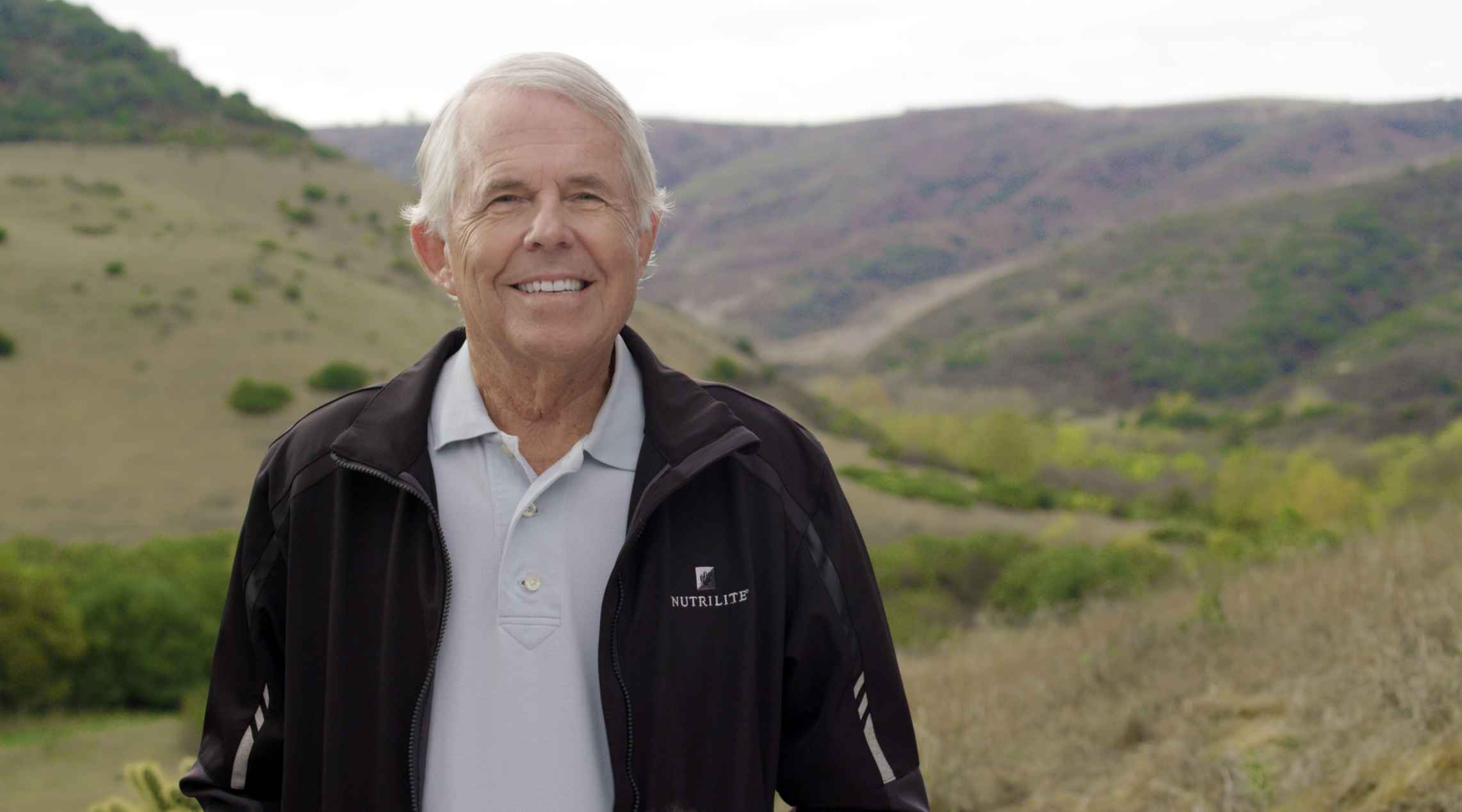
All the recent media attention about calories has me scratching my head. I think it’s safe to say that most researchers agree that not all calories are equal. Take 100 calories of broccoli and 100 calories of sugary soda. Yes, they have the same number of calories. The difference lies in what the body does with the calories in each of these foods. One provides hunger-curbing fiber along with antioxidants and other nutrients. The other sends your blood sugar soaring, shifting your pancreas into overdrive to secrete excess insulin. Turns out, the quality of calories you consume is as important as quantity, especially when it comes to weight loss.
It’s all about quality, Stanford research shows
As Christopher Gardner, Ph.D., plainly puts it, “To lose excess weight, don’t buy processed convenience food crap.” Dr. Gardner is a researcher at the Stanford Prevention Research Center and Department of Medicine. Healthy diets, including weight loss diets, have been in his research crosshairs for decades.
In one of his recent studies, he and his colleagues found that the fundamental strategy for losing weight is the same whether you are eating a low-fat or a low-carb diet. “Eat less sugar, less refined flour and as many vegetables as possible,” explains Dr. Gardner. “Go for whole foods, whether that is a wheat berry salad or grass-fed beef.” Importantly, eat in a way that doesn’t make you feel hungry or deprived.
In short, focus on eating healthy foods, not calories.

A simple habit with serious benefits
Dr. Gardner’s research is clear. You don’t need the frustration of calorie counting to lose weight. Rather, you simply need to focus on eating healthy foods. What’s more, the benefits of healthy eating are so much more profound than weight loss.
I believe healthy eating is one of the single most effective things you can do to live your best life, year after year.
At its core, Dr. Gardner’s advice distills down to doing two things: Pass on processed convenience foods and reach for whole foods. As many of you know, I’ve been following this approach for decades (and encouraging others to do the same).
I know firsthand the serious benefits of this simple habit. It certainly helped me withstand the intense pace of my academic pursuits in my 20s and 30s. In my 40s and beyond, healthy eating helped me sustain peak performance during my travels around the world, growing the business and sharing the benefits of the Nutrilite™ brand. Along the way, this simple habit has given me the stamina to enjoy so many unforgettable adventures, including sailing around the world. I’m 83 now and ready to take on my next adventure!
Yet, I continue to be puzzled about why this relatively simple habit is so uncommon. Not only is a healthy diet delicious, but it is the cornerstone of preventing obesity, heart disease, diabetes and other chronic diseases that drain the life out of our days, deplete our bank accounts and put a tremendous burden our loved ones.

Prevent, and you don’t have to treat
If we could start with a mindset of prevention, imagine all the debilitating challenges that would not exist.
I get it. It’s tough to compete against blockbuster drugs with their promises of a quick fix and the illusion of no downside or with the latest hi-tech procedures to fix what’s broken.
There’s no debate that chronic diseases can result in loss of independence and years of disability or death along with the rising cost of expensive drugs and procedures.
Americans, for example, pay up to three times as much, on average, for common types of prescription drugs as people in comparable countries, according to a recent study published in the September 2018 issue of Health Policy. Think drugs that control blood pressure, lower blood lipids or manage blood sugar, among others. And, if you think the primary driver is innovation, think again. The primary reason drugs are so expensive in the United States is because companies are raising the price of drugs already in the marketplace.
Yet, study after study points to the dramatic effect certain lifestyle factors have on the ability to dramatically reduce the risk of the most common and deadly chronic diseases. Things like maintaining a healthy body weight, eating right, exercising regularly and avoiding smoking.
The message of prevention really hit home for me recently when I visited a dear friend from elementary school. As we talked, my friend, who now struggles with Alzheimer’s disease, turned to me and said, “Sam, I wish I listened to you as a kid.”

If you can’t start young, start now
We only need look at people living in the Blue Zones to see the beauty of healthy living. I have talked about this previously. Here, people have one thing in common. They live long, healthy lives — physically, mentally and emotionally. The Blue Zones include Okinawa, Japan; Ikaria, Greece; Sardinia, Italy; Nicoya Peninsula, Costa Rica and Loma Linda, California, USA.
People living in the Blue Zones don’t wait until disease hits. Rather, they develop healthy habits early, which they continue to follow for the rest of their lives. Things like eating a nutrient-dense diet, mostly plant-based, along with socializing, regular activity and other lifestyle habits.

We are in the business of prevention
Prevention has always been at the heart of the Nutrilite philosophy. And for good reason. We know that the best gift you can give yourself and your family is to stay healthy. So if we talk about calories, I think the focus should be on quality.
Better yet, maybe it’s time to look beyond calories and simply focus on what really matters: Inspiring people to stay active and eat a diet that can help keep their body, mind and spirit healthy, year after year.
And, it can start with three simple things:
- Eat a healthy diet.
- Take a multivitamin like Nutrilite™ Double X to fill potential nutrient gaps.
- Exercise regularly and make it fun. Take a hike, ride a bike or do another activity that brings you joy.
I hope you’ll join me to protect your own health and encourage others, especially those at a young age. We all deserve to get the most out of life and it can start today.
Cheers,


Thank you for your insight, it’s always clear and beneficial!
Right on Dr. Sam! You make us all proud!
I wholeheartedly agree with you Sam!